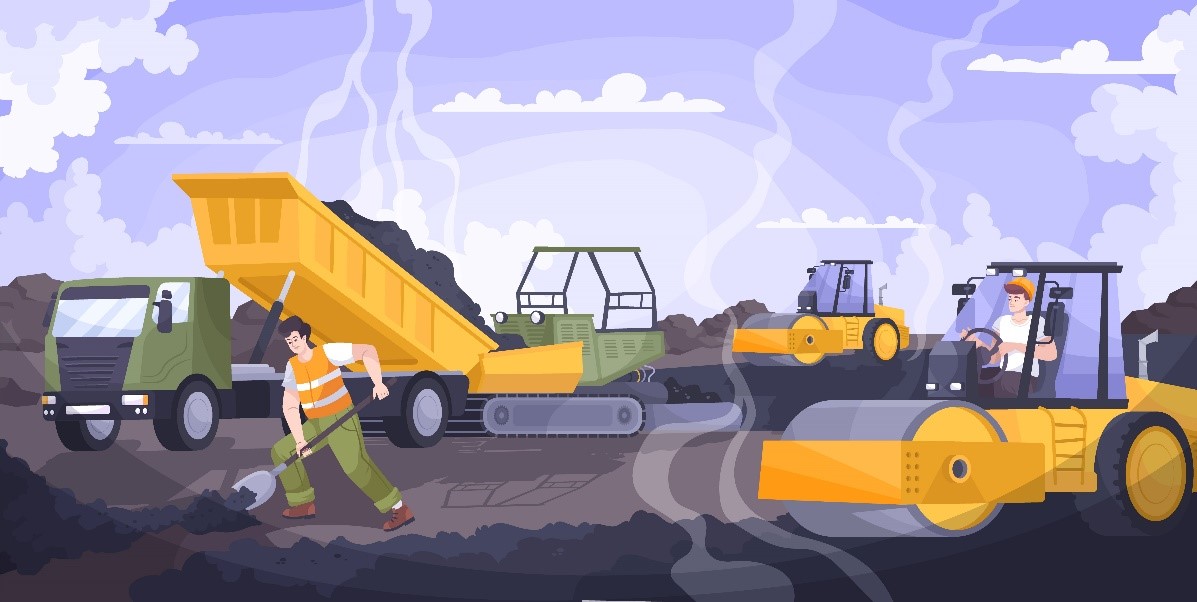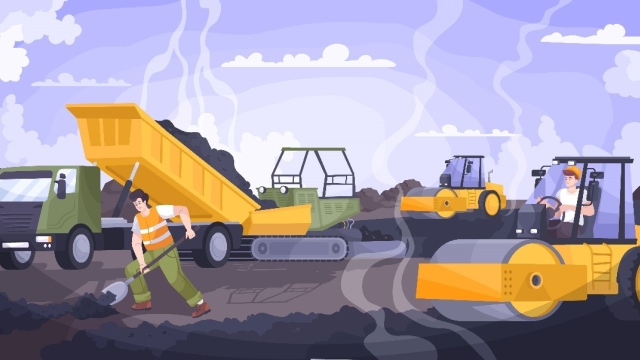
Welcome to the dynamic realm of heavy vehicle manufacturing and supply. This multifaceted industry serves as the backbone of global transportation, driving innovation and progress on a grand scale. From the creation of robust trucks and buses to the intricate supply chain networks that ensure smooth distribution, the world of heavy vehicle manufacturing and supply is a fascinating blend of engineering prowess and logistical expertise. The convergence of cutting-edge technology, skilled craftsmanship, and strategic planning is what propels this sector forward, meeting the demands of a constantly evolving market.
Current Landscape
The current landscape of heavy vehicle manufacturing and supply is characterized by rapid advancements in technology and a growing emphasis on sustainability. Manufacturers are increasingly incorporating innovative features such as autonomous driving systems, telematics, and electric powertrains into their vehicles to enhance efficiency and reduce environmental impact.
In addition to technological advancements, the heavy vehicle industry is also witnessing a shift towards more sustainable practices. Companies are investing in solutions to minimize emissions, improve fuel efficiency, and reduce waste throughout the manufacturing and supply chain processes. This commitment to sustainability not only aligns with regulatory requirements but also reflects a growing awareness of environmental responsibility among industry players.
Moreover, the demand for heavy vehicles continues to rise globally, driven by factors such as urbanization, infrastructure development, and e-commerce growth. This increasing demand presents both opportunities and challenges for manufacturers and suppliers, prompting them to adapt to changing market dynamics and explore new avenues for collaboration and innovation.
Technological Advancements
In the realm of heavy vehicle manufacturing and supply, technological advancements have revolutionized the industry. Innovations in automation have streamlined production processes, leading to increased efficiency and precision in the creation of heavy vehicles. These advancements have enabled manufacturers to meet growing demand while maintaining high standards of quality.
Furthermore, the integration of advanced materials such as high-strength steel and composite materials has enhanced the durability and performance of heavy vehicles. These materials offer lightweight yet robust solutions, contributing to improved fuel efficiency and overall operational effectiveness. Manufacturers are constantly exploring new materials and techniques to push the boundaries of what heavy vehicles can achieve.
Truckman Automobile
In addition, the adoption of smart technologies has transformed the way heavy vehicles are operated and maintained. Telematics systems and sensors provide real-time data on vehicle performance, enabling proactive maintenance and optimizing routes for enhanced productivity. These technological advancements are driving innovation in heavy vehicle manufacturing and supply, shaping the future of the industry.
Future Outlook
Looking ahead, the heavy vehicle manufacturing and supply industry is poised for continued growth and advancement. With rapid technological developments and a focus on sustainability, we can expect to see the introduction of innovative new materials and production techniques. This will not only enhance the performance and efficiency of heavy vehicles but also contribute to reducing their environmental impact.
Another key aspect of the future outlook for heavy vehicle manufacturing and supply is the increasing emphasis on automation and digitalization. Industry players are investing heavily in smart manufacturing processes and data analytics to improve operational efficiency and streamline supply chain management. By leveraging cutting-edge technologies, such as artificial intelligence and Internet of Things, companies are poised to revolutionize the way heavy vehicles are designed, manufactured, and delivered to customers.
Moreover, the future of heavy vehicle manufacturing and supply will be shaped by shifting consumer demands and regulatory requirements. As sustainability becomes a paramount concern, manufacturers will need to prioritize eco-friendly practices and develop electric and hybrid vehicle solutions. Additionally, with the rise of e-commerce and last-mile delivery services, there will be a growing need for specialized heavy vehicles tailored to urban environments. By staying adaptable and responsive to these evolving trends, the industry is set to drive innovation and meet the challenges of tomorrow head-on.



